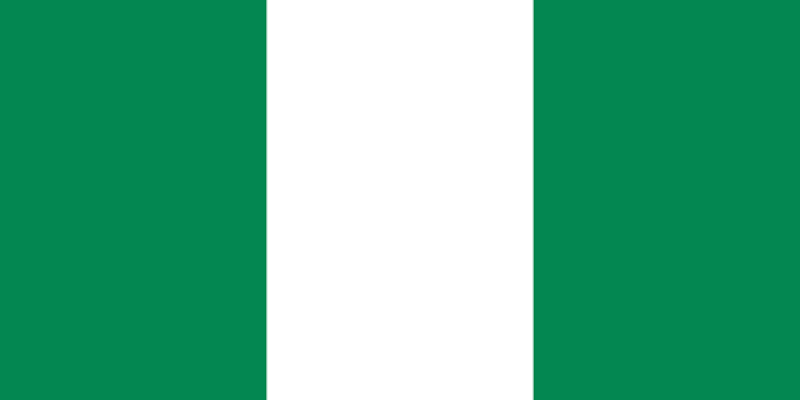This weekend, the Nigerian elections commission announced that the presidential, parliamentary, and state elections scheduled for mid-February would be postponed — the national vote for six weeks until the end of March and the state vote into April. The stated reason was the deteriorated security situation in several northern states (although most of the country — which is twice the size of California — is not actively threatened by or anywhere near the insurgency). Indeed, some remote areas are effectively under occupation by Boko Haram. However, it didn’t take long for the news to emerge that the decision had actually been undertaken under heavy pressure by the Nigeria’s security establishment.
This is very troubling, particularly in a country with such a long history of military interference in politics prior to the transition to democracy in 1999. The Nigerian security agencies and military essentially ordered the election commission to postpone the election, saying that they refused to defend polling sites against attacks unless there was a delay. Their reason for this refusal was that they were “too busy” planning a six-week counter-offensive against Boko Haram at the same time. As numerous people pointed out in response: Why are they suddenly now attacking Boko Haram after years of inaction, and how are they suddenly now going to be able to wrap this problem up in time for the delayed elections?
“The security agencies forced [Election body chairman Attahiru Jega] into postponing on an issue that is frivolous,” said Jibrin Ibrahim, a political analyst with the Centre on Democracy and Development.
“They say they need six weeks to defeat Boko Haram. Boko Haram has been growing for six years. If in six weeks Boko Haram has not been defeated, they could call for another delay and ultimately destroy Nigerian democracy,” he added.
There is also serious suspicion that the military itself may have been pressured (to cause a delay) by the ruling People’s Democratic Party, which is facing the strongest challenge yet to its continuously elected rule since 1999, and had recently started to head toward defeat in the polling, as town after town fell to the insurgency, corruption scandals continued to break, and people became unhappy with the economy (especially with falling oil prices).
Even before the chaos of January, a December poll found voters nationwide tied 42% to 42% in presidential voting intention, but just 29% trust in the ruling PDP. Traditional PDP strongholds were starting to erode and the northern-favored APC candidate, former military President and General Buhari, was making inroads in the south. An extra six weeks might very well make the chances of defeat greater at this point, but at least it’s an opportunity to try to turn things around; in contrast, not delaying the election might have sealed the party’s fate for sure.



